A court observes that a 15-year-old can have consensual sex, and that it would be a travesty of the new laws related to rape if they were to deny juveniles their sexual rights. At the same time, the law is vague on the age when a boy or girl is old enough to exercise these rights responsibly, say activists.
On one hand, crimes against women have caused outrage across the country and the legal system too has responded with amendments to the law on rape.
On the other hand, rights activists and experts caution that too rigid an application of the new provisions can be exploited too.
A case in point is the recent judgment by a Delhi court, acquitting a 22-year-old youth of charges of kidnapping and raping a 15-year-old girl, whom he later married. The man was arrested based on a missing complaint filed by the girl’s mother. The rape charge was added on the basis of the Protection Of Children From Sexual Offences (Pocso) Act, 2012, which defines those below the age of 18 as children. The punishment for rape of a minor, according to the Criminal Law (Amendment) Bill, 2013, is a minimum of 10 years’ imprisonment.
An exception?
In the Delhi case, the girl stated before the court that she had willingly gone away with the accused, after which they had got married in a temple and had been living together since then. Holding that in this case, though the girl was below 18 years of age, consensual sex would not amount to an offence, additional sessions judge Dharmesh Sharma said: “In my opinion, it would neither serve the object of present enactment (Pocso Act) nor the purpose of criminal laws to hold the accused guilty on the ground that he had sexual intercourse with the girl below 18 years.”
The court rejected the prosecution plea that Pocso Act mandates there must be total prohibition upon teenagers or adolescents from having any kind of sexual relationship, and noted: “I am afraid, if that interpretation is allowed, it would mean that the human body of every individual under 18 years is the property of state and no individual below 18 years can be allowed to have the pleasures associated with one’s body.”
Grey areas
While the observation that boys and girls below the age of 18 years have sexual rights too is valid, what is the “age for consent”, ask rights activists.
This becomes a matter of interpretation and it can even vary from law to law. The sixth construct of Article 375 of the Criminal Law (Amendment) Bill, 2013, states that “with or without her consent, when she is under eighteen years,” if a man has sexual intercourse with a woman, it is rape. But under the Indian Penal Code (IPC), marital rape is an offence only when the wife is below 16 years, two years younger than the age of consent, according to Pocso.
Senior advocate and human rights activist BT Venkatesh says the circumstances where the consent was given have to be taken into consideration, but also agrees that a case-by-case inquiry might create room for exploitation.
“It isn’t as if young people have a real choice. They can have consensual sex but the law is such that the boy can be criminalised if the girl or her family files a case. What about cases where a 12- or 13-year-old girl consents to sex? Is her consent valid? And what about cases where consent of the girl is manufactured, like in most of the child sexual abuse cases? This present judgment opens up a lot of issues,” says Shakun Mohini, women’s rights activist with Vimochana.
If a minor girl has consensual sex and the law categorically calls it rape on the ground that people below the age of 18 aren’t old enough to know right and wrong, then what about juvenile rapists? “For instance, in the Nirbhaya rape case, where the culprit is a juvenile, everyone bays for his blood. What does Pocso say about that?” asks Shakun Mohini.
Renu Appachu, founder of Jagruthi, an organisation that has been rescuing children from sex work, says the Pocso law should define the age of consent. “At what age does one acquire the ability to make a decision with awareness?
Nowadays, children are learning about sex very early. Television, cinema, media, locale etc expose children to so much more,” she points out, adding that the law hasn’t really defined who is a minor.
Shakun Mohini too opines that our laws do not yet reflect the dynamics of the changing times, and the liberalising society, where young boys and girls are sexually active sooner than earlier times.
The way out
While there is no quick fix for this conundrum, a solution could be what the Delhi court itself suggested: “There lies a greater responsibility on all of us, the state, including police, in spreading and creating public awareness about the impact of girl or boy marrying at a tender age or indulging in unsafe sexual activities,” additional sessions judge Dharmesh Sharma said.
The judge added, “It is high time that state authorities, its machinery, NGOs and women groups make a determined and sustained endeavour to reach out to all in schools, colleges and residential places, thereby creating public awareness on various aspects of life in case of marriage at a tender age.”
In fact, the change should start from the parents, says Shakun. “Why should everything come through a legal ruling? Stringent laws or punishment don’t deter crime against women and children. People make parenting mistakes with impunity, and when the child starts to assert him/herself, all hell breaks loose.
That is not how it should be. The outlook to parenting has to change,” she says.
![submenu-img]() Viral video: Kind man assists duck family in crossing the road, internet lauds him
Viral video: Kind man assists duck family in crossing the road, internet lauds him![submenu-img]() Can you see the Great Wall of China from space? here's the truth
Can you see the Great Wall of China from space? here's the truth![submenu-img]() Ashutosh Rana breaks silence on his deepfake video supporting a political party: 'I would only be answerable to...'
Ashutosh Rana breaks silence on his deepfake video supporting a political party: 'I would only be answerable to...'![submenu-img]() Meet India's most talented superstar, is actor, dancer, stuntman, singer, lyricist; not Ranbir, Shah Rukh, Aamir, Salman
Meet India's most talented superstar, is actor, dancer, stuntman, singer, lyricist; not Ranbir, Shah Rukh, Aamir, Salman![submenu-img]() This flop film was headlined by star kid, marked south actress's Bollywood debut, made in Rs 120 crore, earned just...
This flop film was headlined by star kid, marked south actress's Bollywood debut, made in Rs 120 crore, earned just...![submenu-img]() DNA Verified: Is CAA an anti-Muslim law? Centre terms news report as 'misleading'
DNA Verified: Is CAA an anti-Muslim law? Centre terms news report as 'misleading'![submenu-img]() DNA Verified: Lok Sabha Elections 2024 to be held on April 19? Know truth behind viral message
DNA Verified: Lok Sabha Elections 2024 to be held on April 19? Know truth behind viral message![submenu-img]() DNA Verified: Modi govt giving students free laptops under 'One Student One Laptop' scheme? Know truth here
DNA Verified: Modi govt giving students free laptops under 'One Student One Laptop' scheme? Know truth here![submenu-img]() DNA Verified: Shah Rukh Khan denies reports of his role in release of India's naval officers from Qatar
DNA Verified: Shah Rukh Khan denies reports of his role in release of India's naval officers from Qatar![submenu-img]() DNA Verified: Is govt providing Rs 1.6 lakh benefit to girls under PM Ladli Laxmi Yojana? Know truth
DNA Verified: Is govt providing Rs 1.6 lakh benefit to girls under PM Ladli Laxmi Yojana? Know truth![submenu-img]() Aamir Khan, Naseeruddin Shah, Sonali Bendre celebrate 25 years of Sarfarosh, attend film's special screening
Aamir Khan, Naseeruddin Shah, Sonali Bendre celebrate 25 years of Sarfarosh, attend film's special screening![submenu-img]() Alia Bhatt wears elegant saree made by 163 people over 1965 hours to Met Gala 2024, fans call her ‘princess Jasmine’
Alia Bhatt wears elegant saree made by 163 people over 1965 hours to Met Gala 2024, fans call her ‘princess Jasmine’![submenu-img]() Jr NTR-Lakshmi Pranathi's 13th wedding anniversary: Here's how strangers became soulmates
Jr NTR-Lakshmi Pranathi's 13th wedding anniversary: Here's how strangers became soulmates![submenu-img]() Streaming This Week: Heeramandi, Shaitaan, Manjummel Boys, latest OTT releases to binge-watch
Streaming This Week: Heeramandi, Shaitaan, Manjummel Boys, latest OTT releases to binge-watch![submenu-img]() Remember Ayesha Kapur? Michelle from Black, here's how actress, nutrition coach, entrepreneur looks after 19 years
Remember Ayesha Kapur? Michelle from Black, here's how actress, nutrition coach, entrepreneur looks after 19 years![submenu-img]() Haryana Political Crisis: Will 3 independent MLAs support withdrawal impact the present Nayab Saini led-BJP government?
Haryana Political Crisis: Will 3 independent MLAs support withdrawal impact the present Nayab Saini led-BJP government?![submenu-img]() DNA Explainer: Why Harvey Weinstein's rape conviction was overturned, will beleaguered Hollywood mogul get out of jail?
DNA Explainer: Why Harvey Weinstein's rape conviction was overturned, will beleaguered Hollywood mogul get out of jail?![submenu-img]() What is inheritance tax?
What is inheritance tax?![submenu-img]() DNA Explainer: What is cloud seeding which is blamed for wreaking havoc in Dubai?
DNA Explainer: What is cloud seeding which is blamed for wreaking havoc in Dubai?![submenu-img]() DNA Explainer: What is Israel's Arrow-3 defence system used to intercept Iran's missile attack?
DNA Explainer: What is Israel's Arrow-3 defence system used to intercept Iran's missile attack?![submenu-img]() Ashutosh Rana breaks silence on his deepfake video supporting a political party: 'I would only be answerable to...'
Ashutosh Rana breaks silence on his deepfake video supporting a political party: 'I would only be answerable to...'![submenu-img]() Meet India's most talented superstar, is actor, dancer, stuntman, singer, lyricist; not Ranbir, Shah Rukh, Aamir, Salman
Meet India's most talented superstar, is actor, dancer, stuntman, singer, lyricist; not Ranbir, Shah Rukh, Aamir, Salman![submenu-img]() This flop film was headlined by star kid, marked south actress's Bollywood debut, made in Rs 120 crore, earned just...
This flop film was headlined by star kid, marked south actress's Bollywood debut, made in Rs 120 crore, earned just...![submenu-img]() India's most successful star kid was superstar at 14, daughter of tawaif, affair with married star broke her, died at...
India's most successful star kid was superstar at 14, daughter of tawaif, affair with married star broke her, died at...![submenu-img]() India's biggest flop actor, worked with superstars, married girl half his age, once left Aamir's film midway due to..
India's biggest flop actor, worked with superstars, married girl half his age, once left Aamir's film midway due to..![submenu-img]() England pace legend James Anderson set to retire from Test cricket after talks with Brendon McCullum
England pace legend James Anderson set to retire from Test cricket after talks with Brendon McCullum![submenu-img]() IPL 2024: Shubman Gill, Sai Sudharsan centuries guide Gujarat Titans to 35-run win over Chennai Super Kings
IPL 2024: Shubman Gill, Sai Sudharsan centuries guide Gujarat Titans to 35-run win over Chennai Super Kings![submenu-img]() KKR vs MI IPL 2024: Predicted playing XI, live streaming details, weather and pitch report
KKR vs MI IPL 2024: Predicted playing XI, live streaming details, weather and pitch report![submenu-img]() 'It's ego-driven...': Ex-RCB star on Hardik Pandya's captaincy in IPL 2024
'It's ego-driven...': Ex-RCB star on Hardik Pandya's captaincy in IPL 2024![submenu-img]() BCCI to advertise for Team India's new head coach after T20 World Cup
BCCI to advertise for Team India's new head coach after T20 World Cup![submenu-img]() Viral video: Kind man assists duck family in crossing the road, internet lauds him
Viral video: Kind man assists duck family in crossing the road, internet lauds him![submenu-img]() Can you see the Great Wall of China from space? here's the truth
Can you see the Great Wall of China from space? here's the truth![submenu-img]() Mother bear teaches cubs how to cross a road with caution, video goes viral
Mother bear teaches cubs how to cross a road with caution, video goes viral![submenu-img]() Meet the tawaif, real courtesan of Heeramandi, was once highest paid item girl, was killed by....
Meet the tawaif, real courtesan of Heeramandi, was once highest paid item girl, was killed by....![submenu-img]() Mukesh Ambani’s old image with billionaire friends go viral, Harsh Goenka makes joke of…
Mukesh Ambani’s old image with billionaire friends go viral, Harsh Goenka makes joke of…
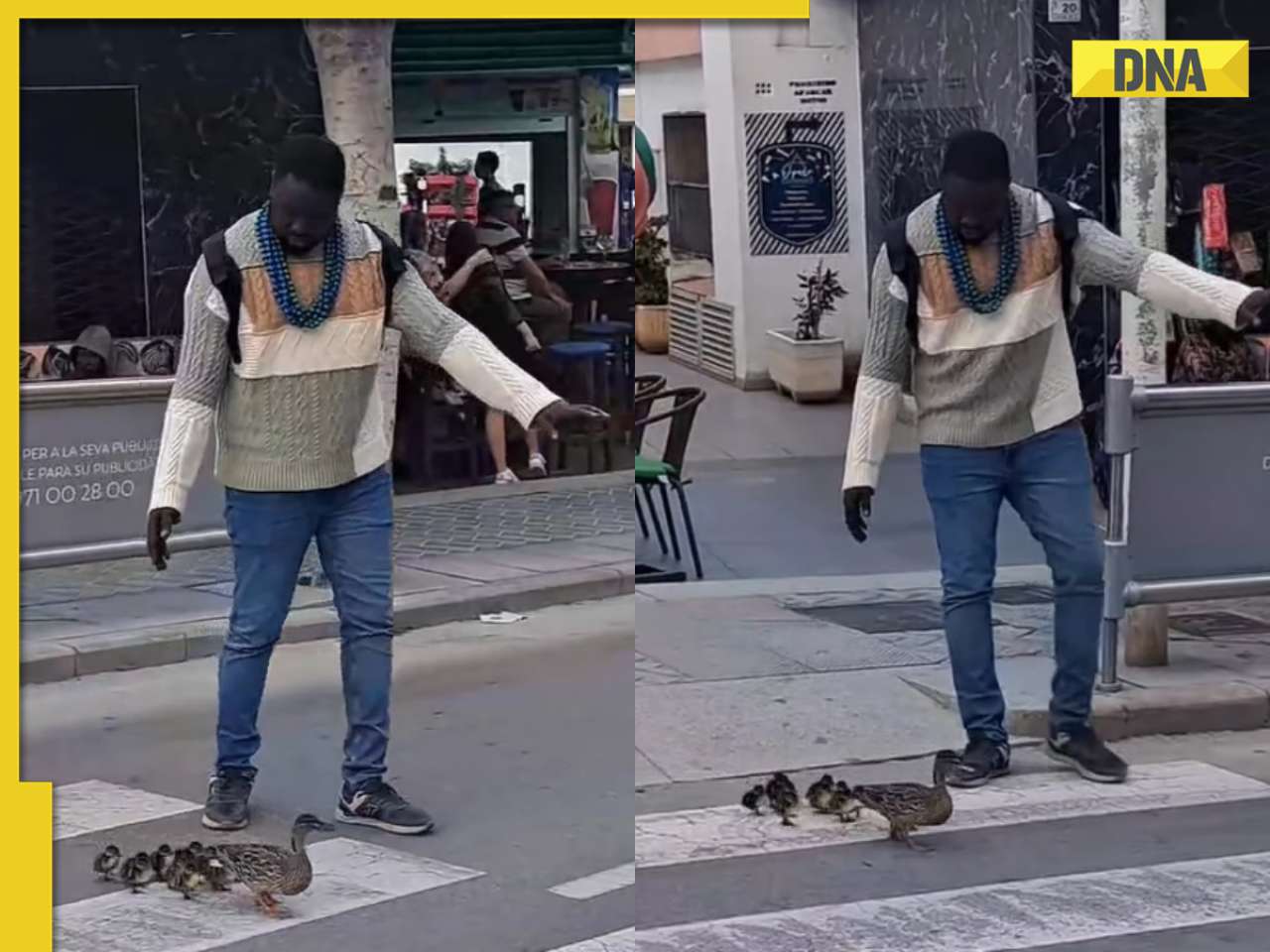

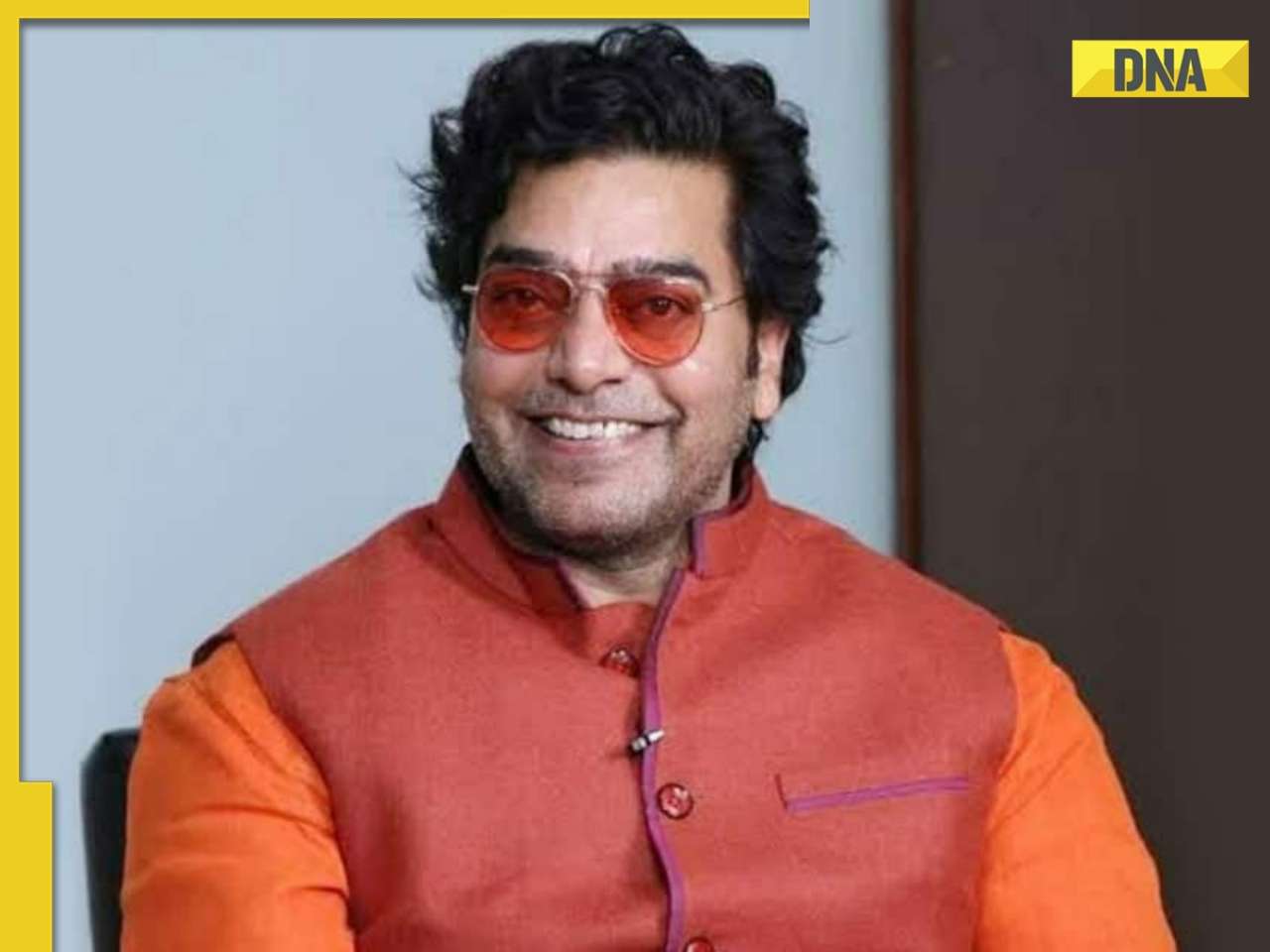
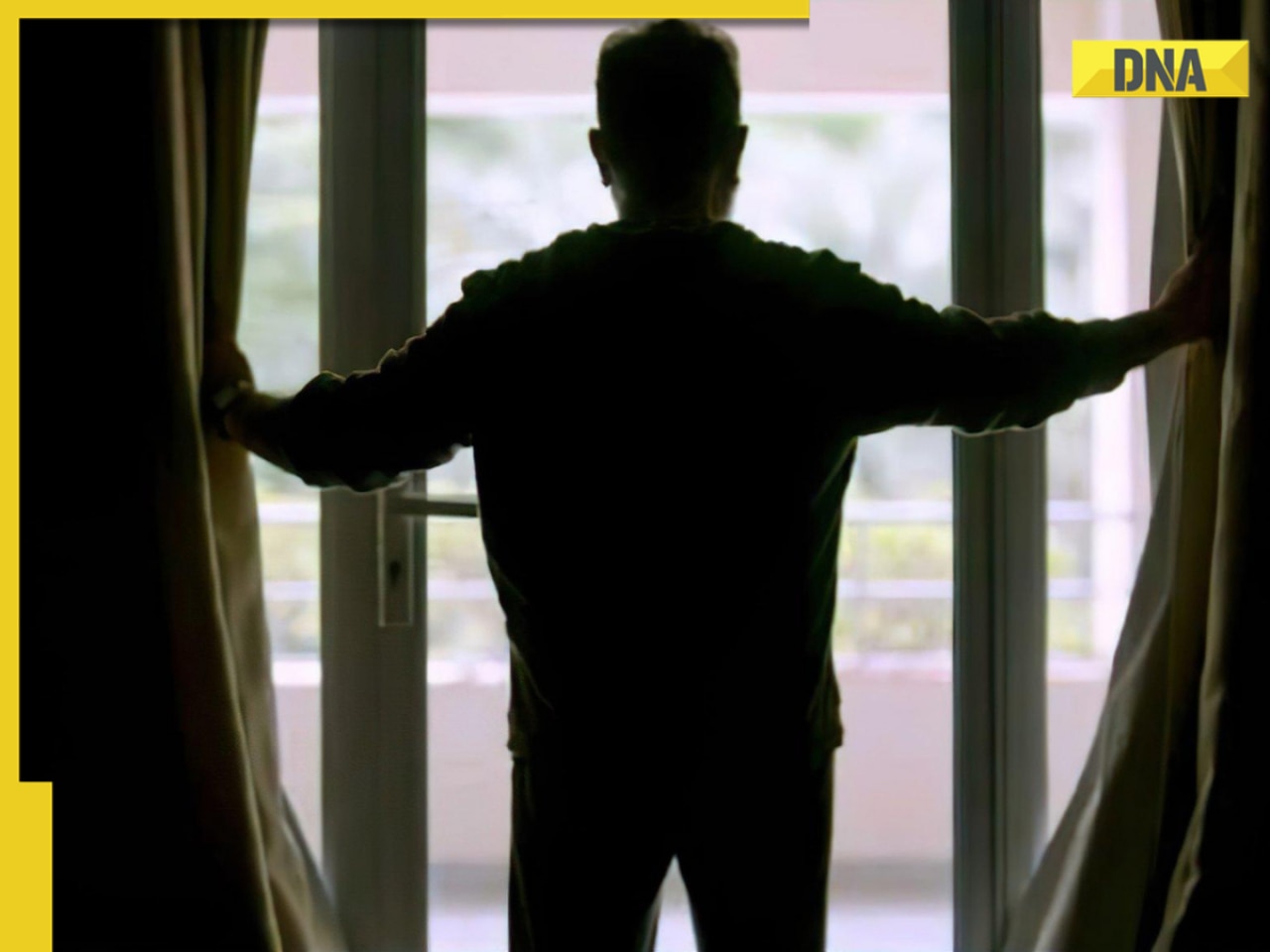
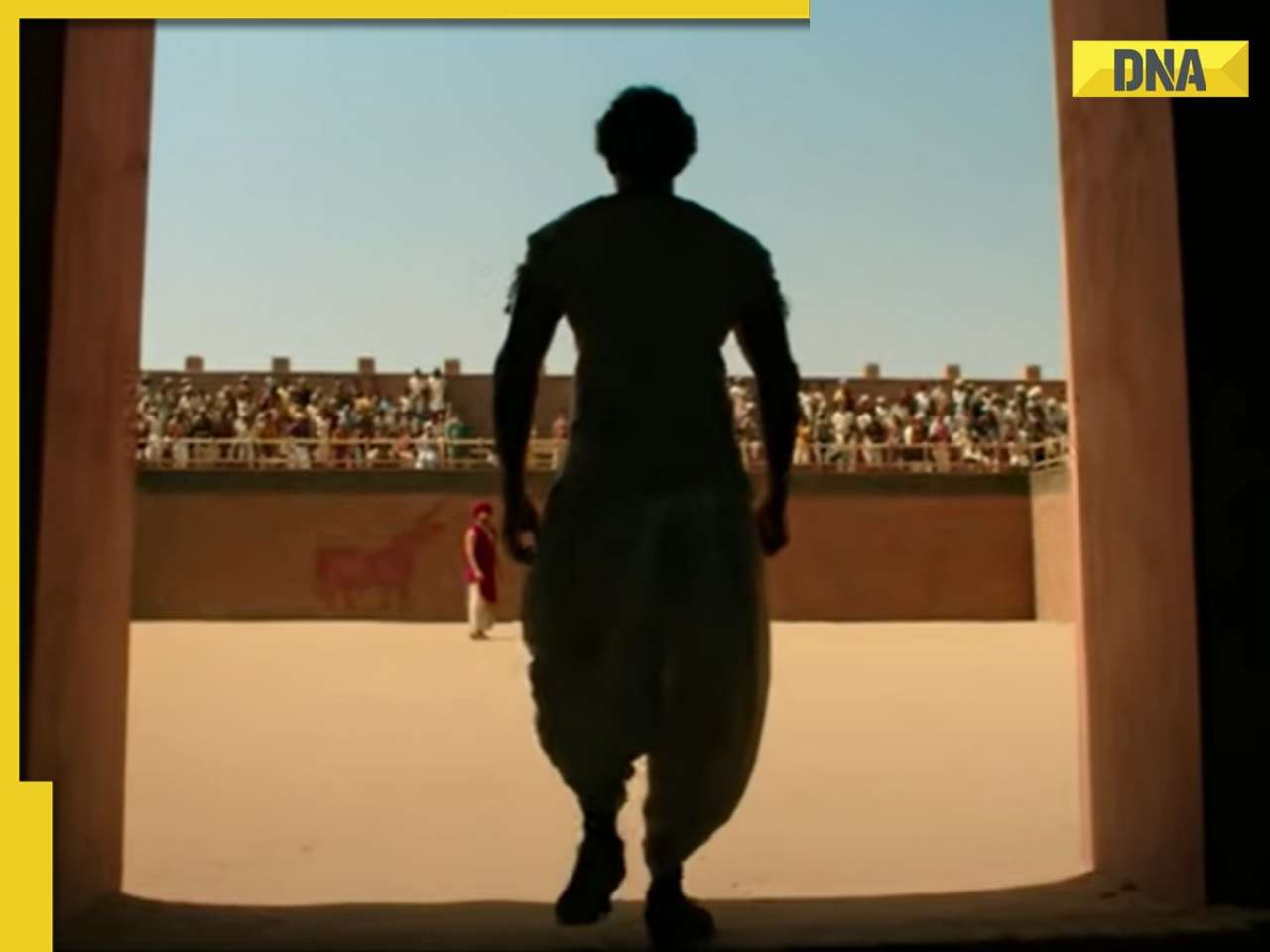




















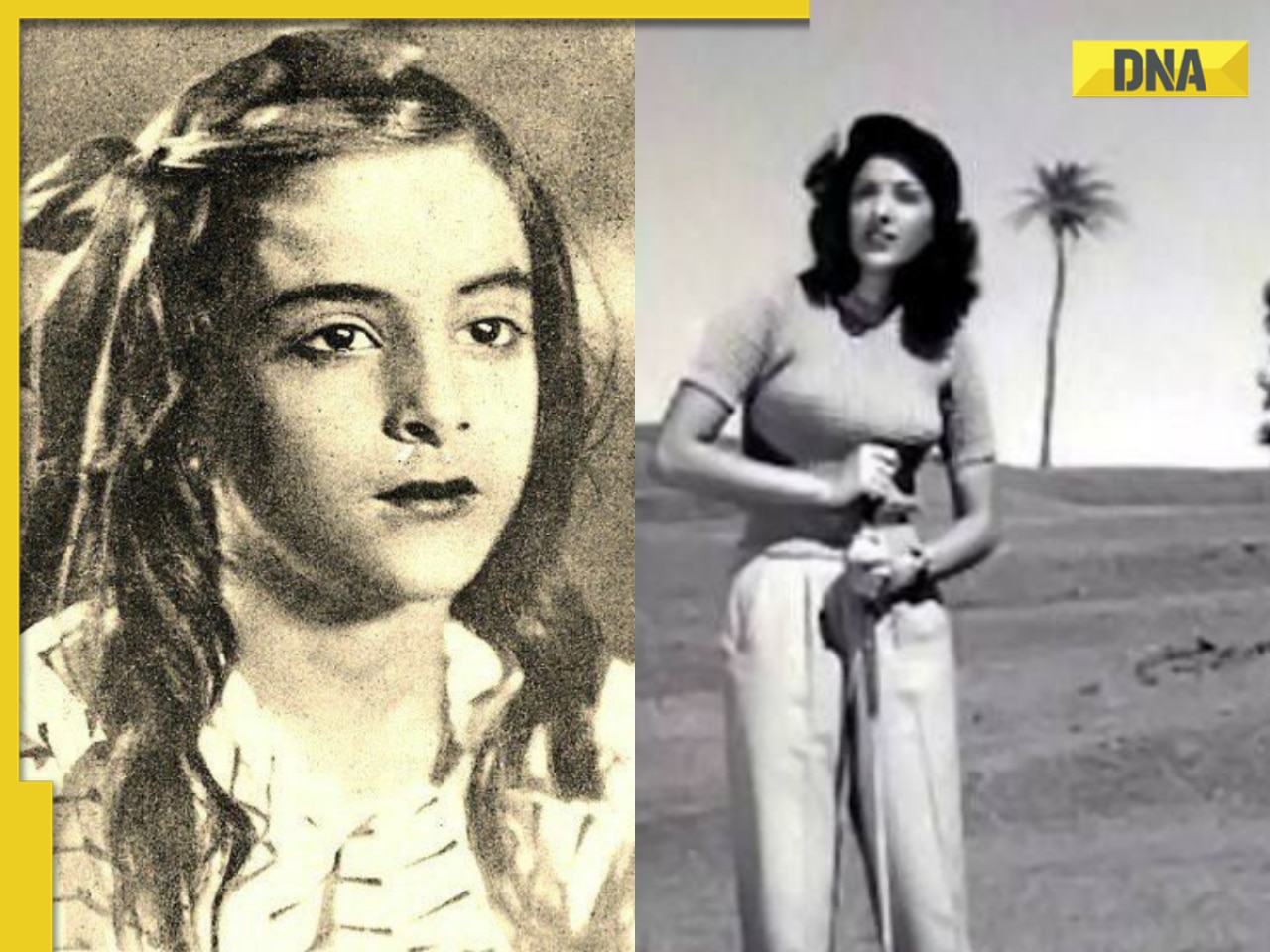

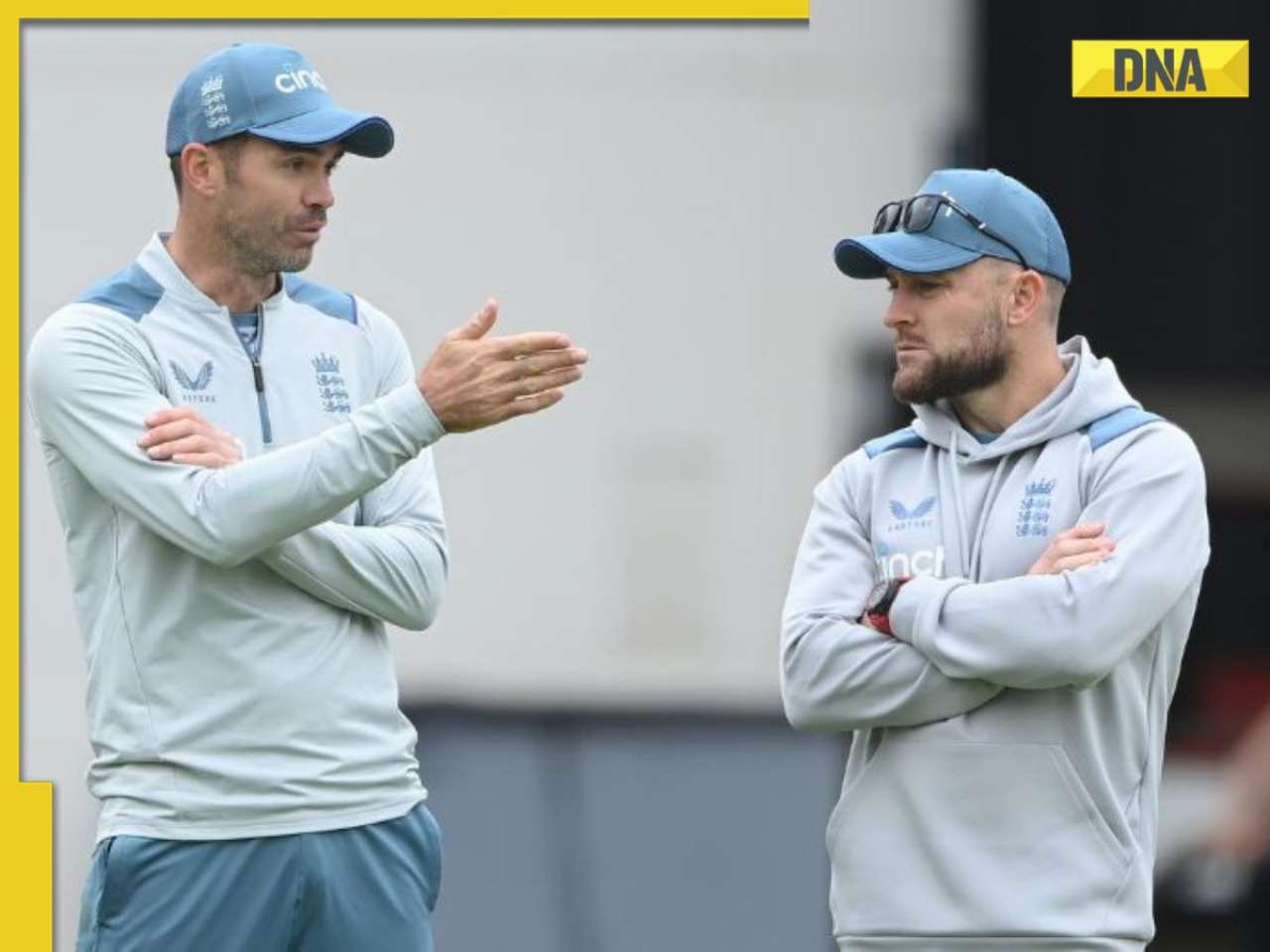
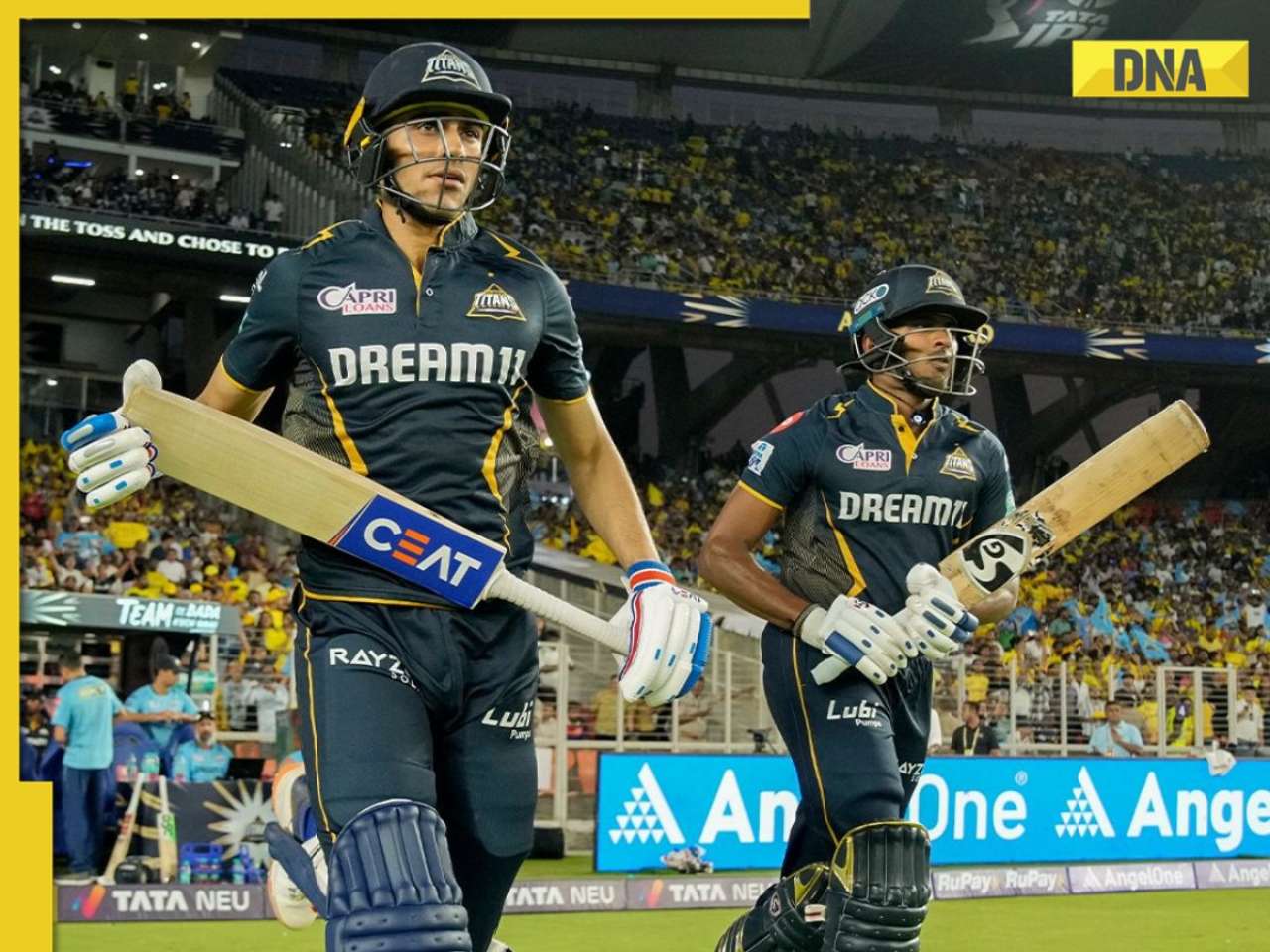
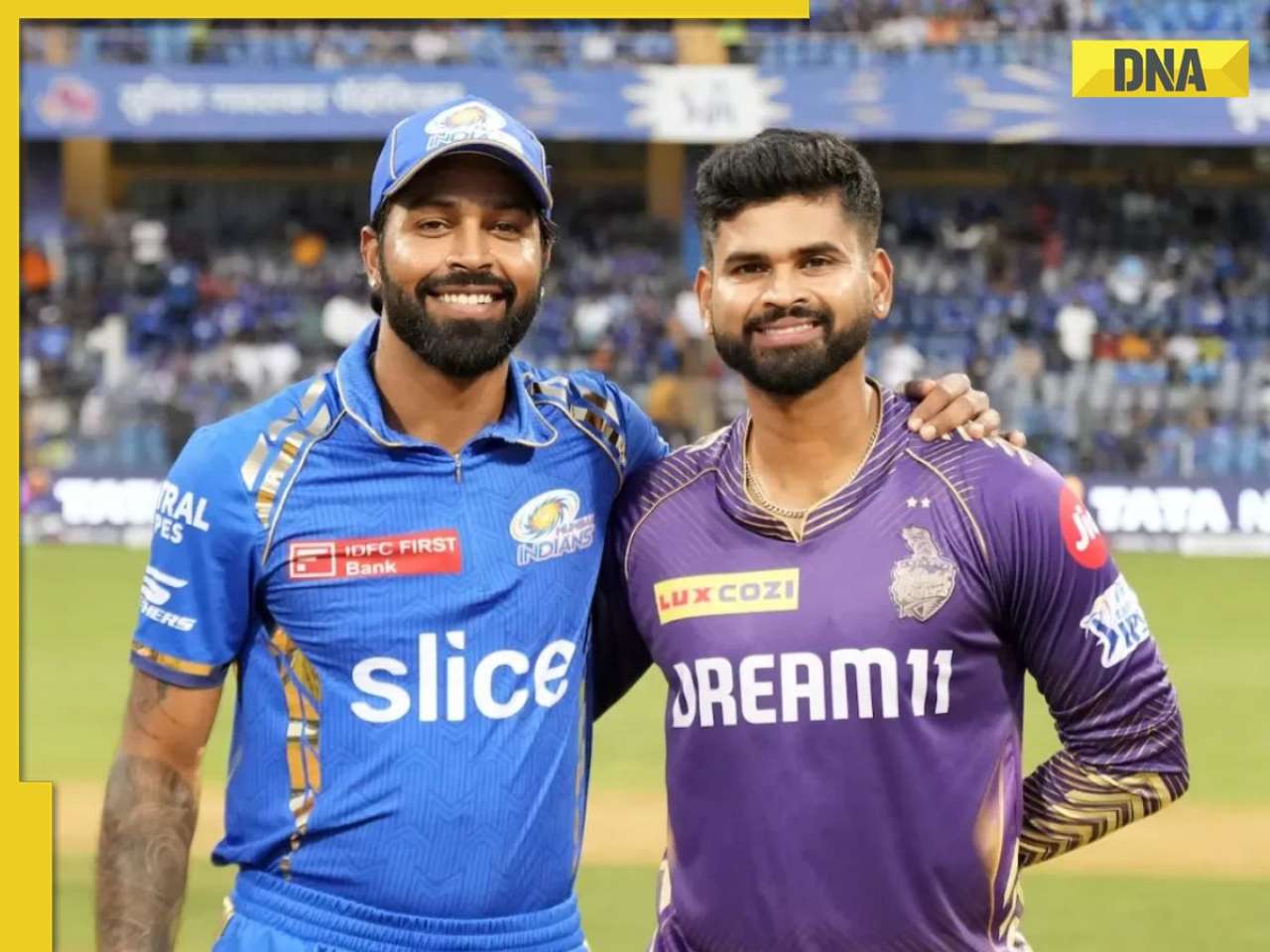
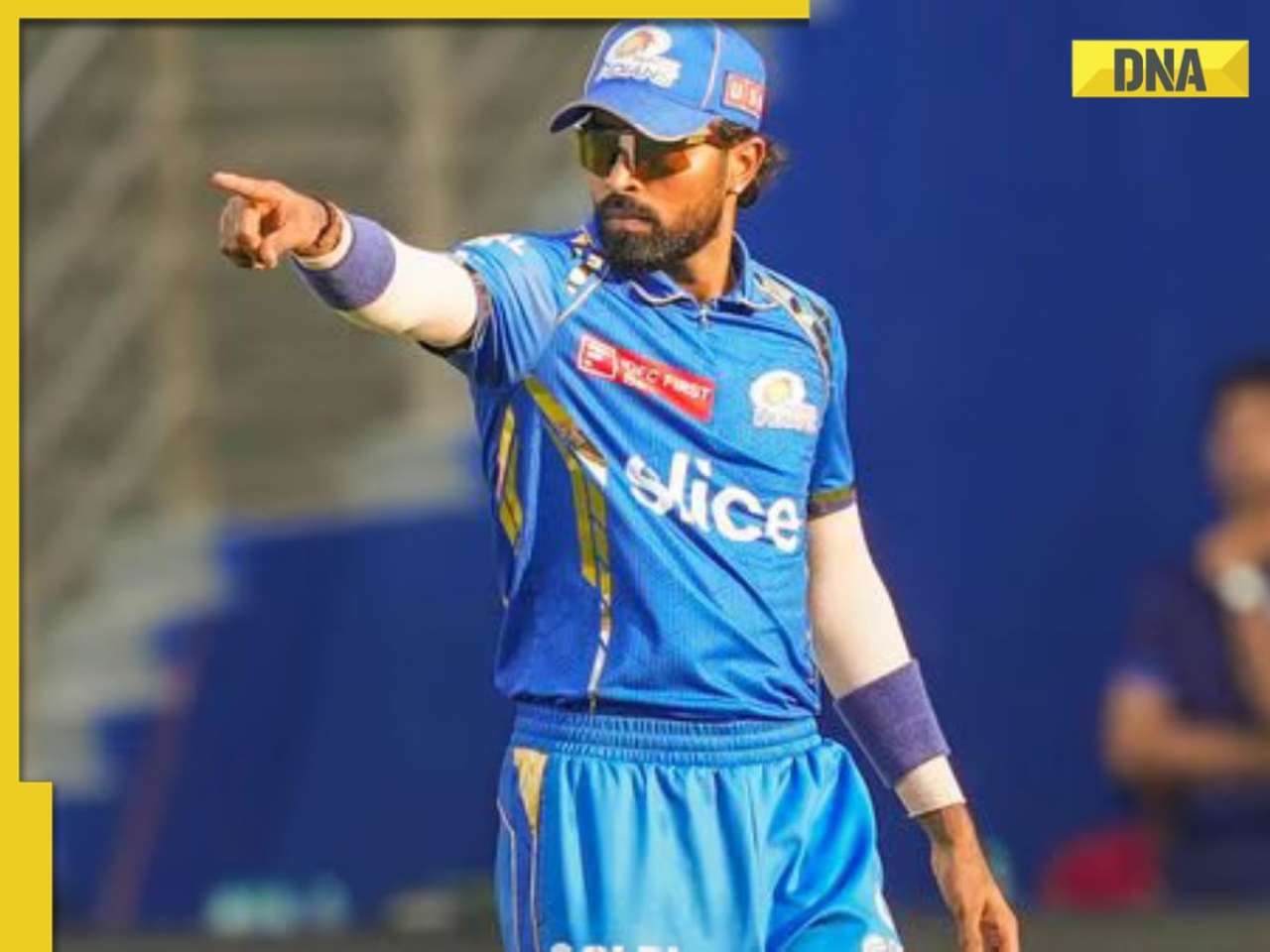
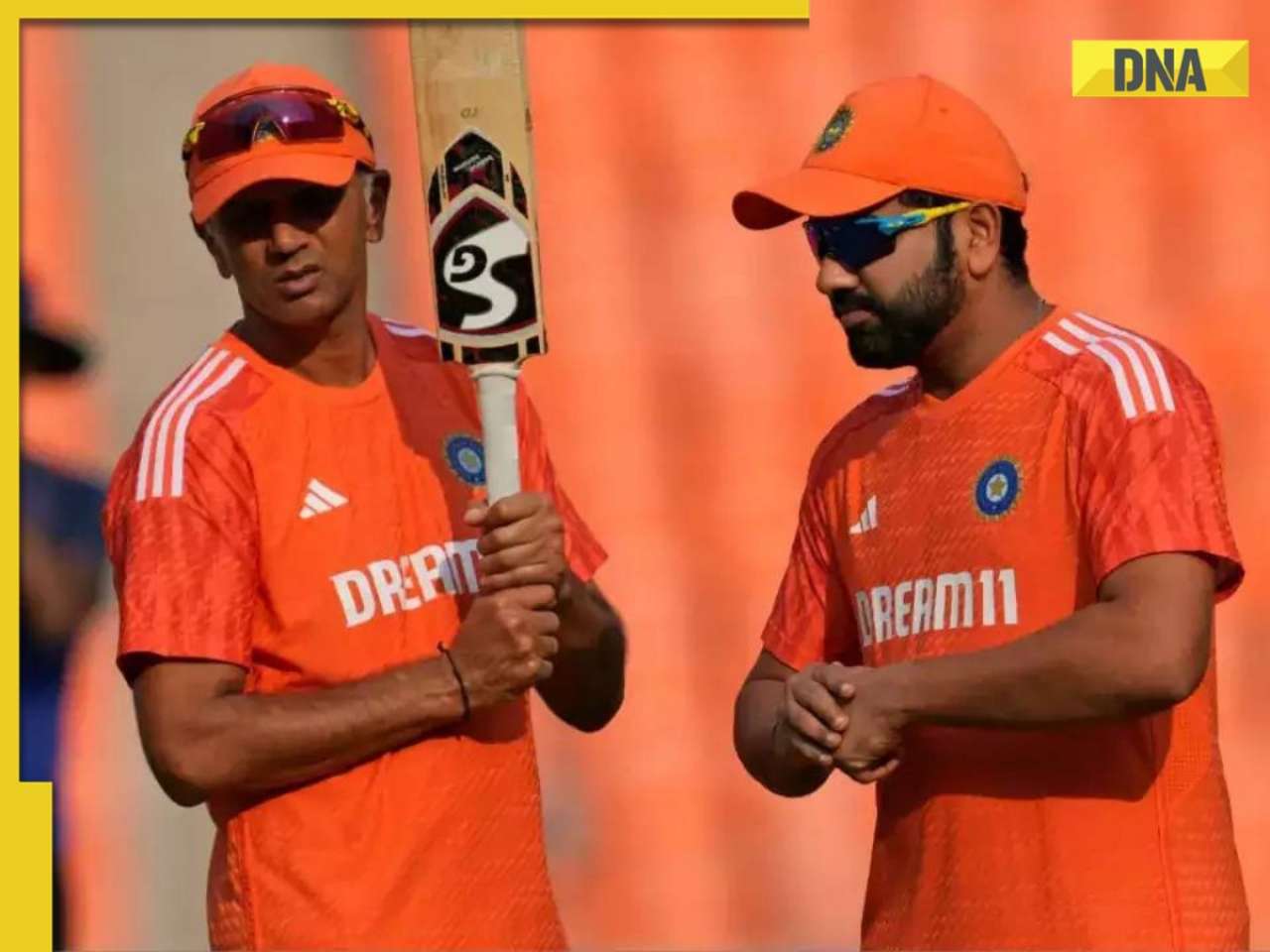


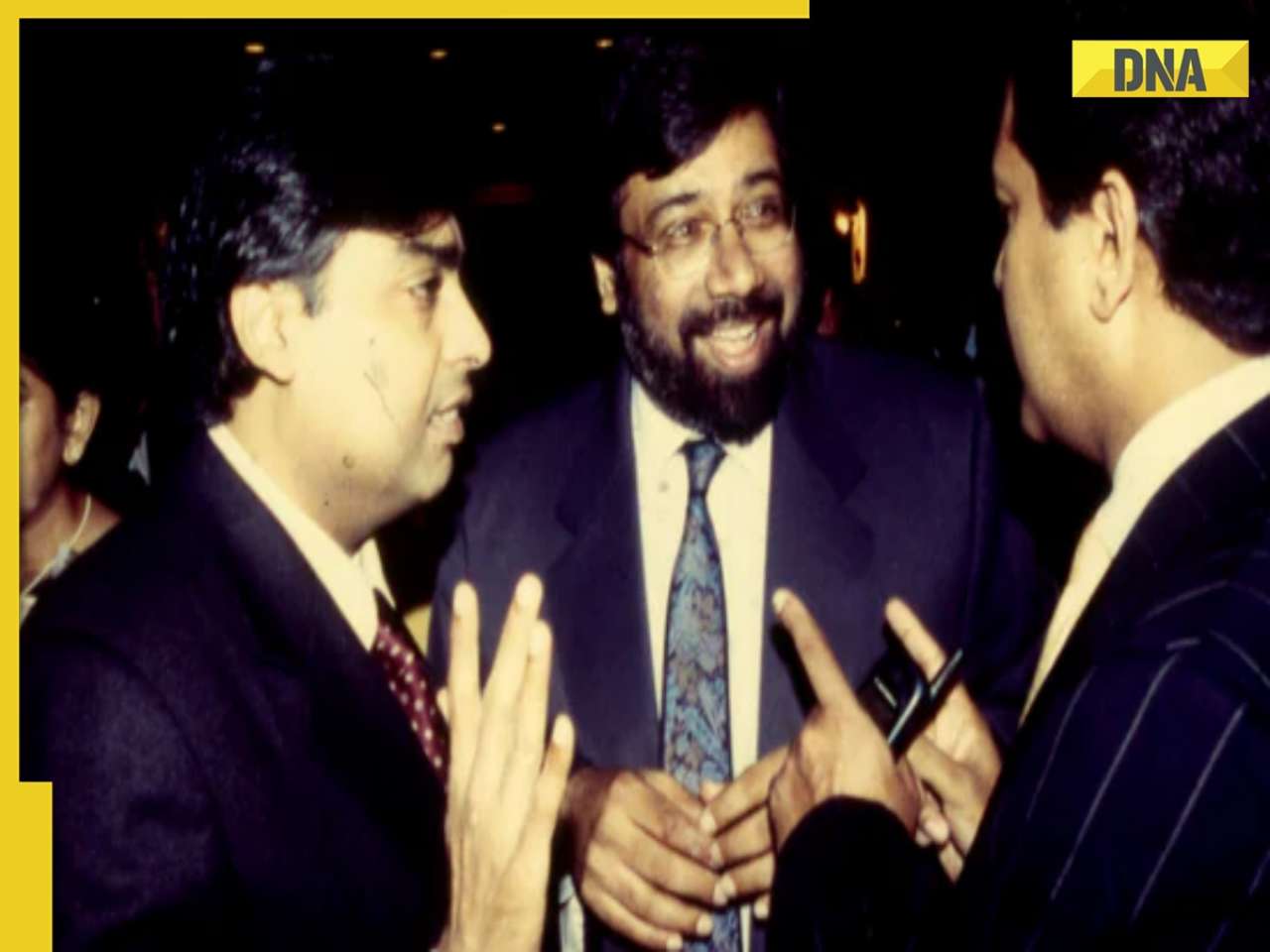

)





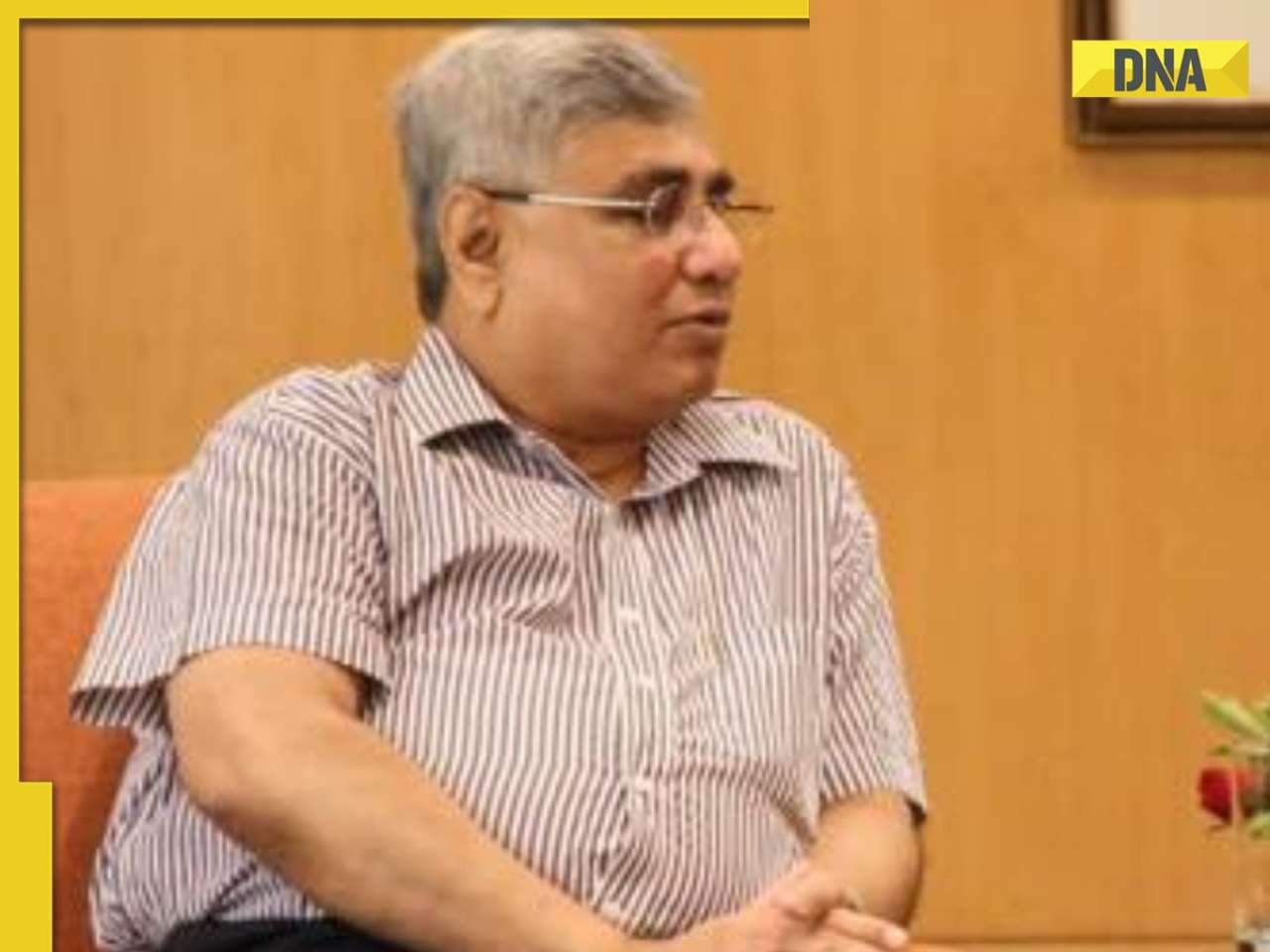












)
)
)
)
)
)